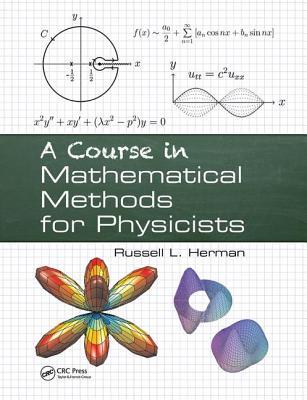The Hermite polynomials, (H_{n}(x)), satisfy the following: i. ( =int_{-infty}^{infty} e^{-x^{2}} H_{n}(x) H_{m}(x) d x=sqrt{pi} 2^{n} n!delta_{n,
Question:
The Hermite polynomials, \(H_{n}(x)\), satisfy the following:
i. \(
ii. \(H_{n}^{\prime}(x)=2 n H_{n-1}(x)\).
iii. \(H_{n+1}(x)=2 x H_{n}(x)-2 n H_{n-1}(x)\).
iv. \(H_{n}(x)=(-1)^{n} e^{x^{2}} \frac{d^{n}}{d x^{n}}\left(e^{-x^{2}}\right)\).
Using these, show that
a. \(H_{n}^{\prime \prime}-2 x H_{n}^{\prime}+2 n H_{n}=0\). [Use properties ii. and iii.]
b. \(\int_{-\infty}^{\infty} x e^{-x^{2}} H_{n}(x) H_{m}(x) d x=\sqrt{\pi} 2^{n-1} n!\left[\delta_{m, n-1}+2(n+1) \delta_{m, n+1}\right]\).
[Use properties i. and iii.]
c. \(H_{n}(0)=\left\{\begin{array}{cc}0, & n \text { odd, } \\ (-1)^{m} \frac{(2 m)!}{m!}, & n=2 m .\end{array}\right.\) [Let \(x=0\) in iii. and iterate.
Note from iv. that \(H_{0}(x)=1\) and \(\left.H_{1}(x)=2 x.\right]\)
Step by Step Answer:

A Course In Mathematical Methods For Physicists
ISBN: 9781138442085
1st Edition
Authors: Russell L Herman





